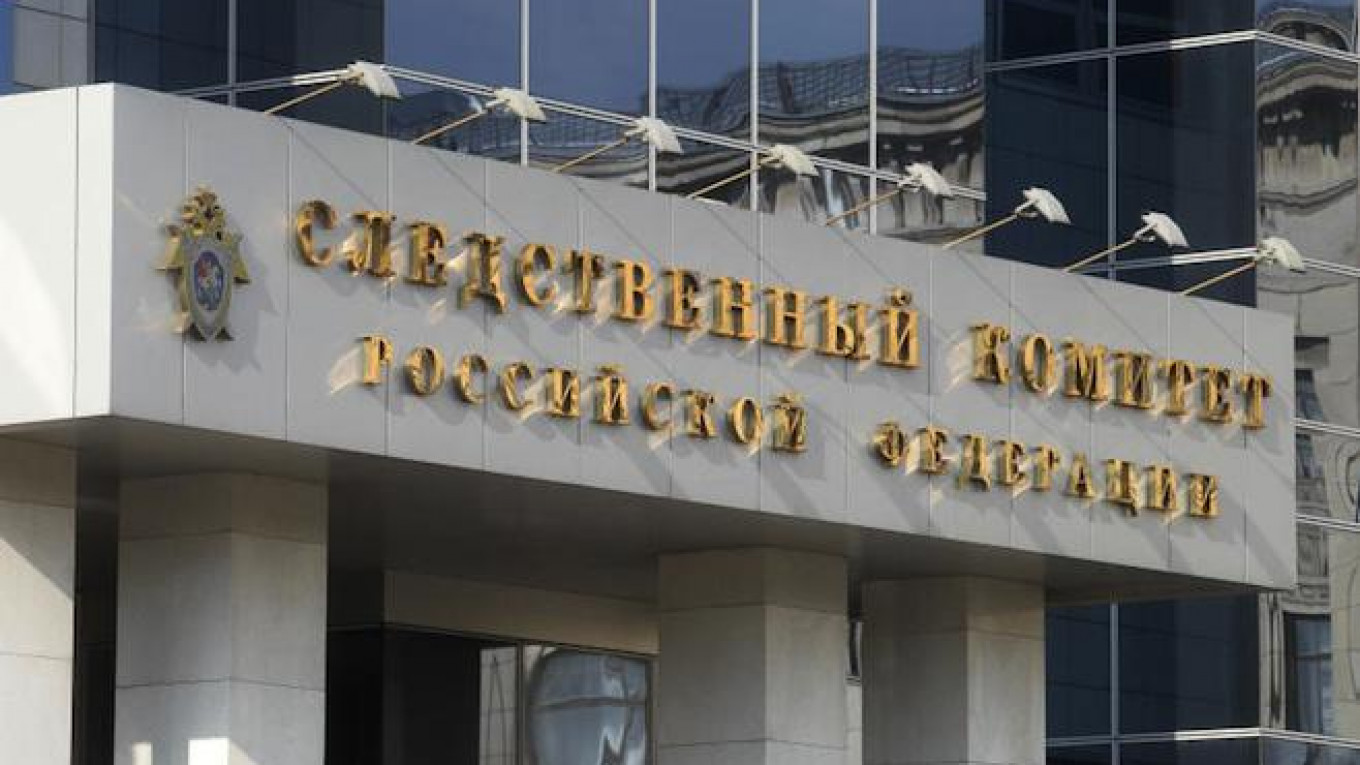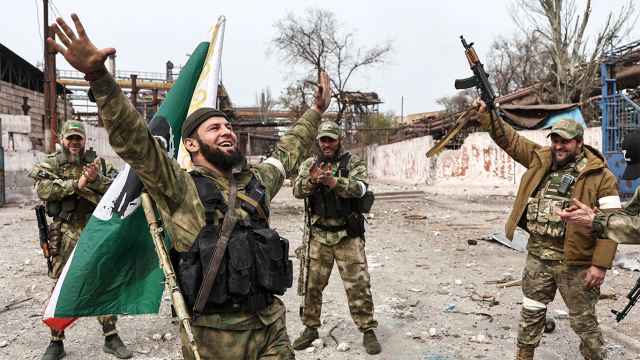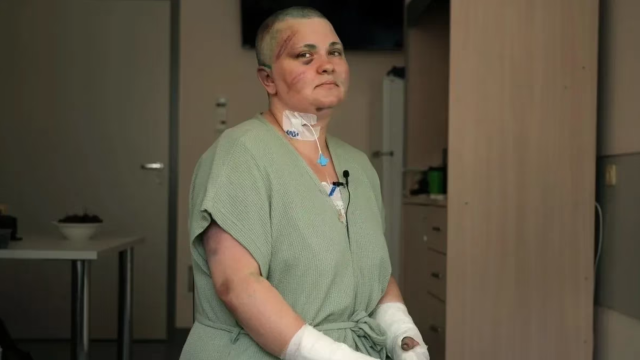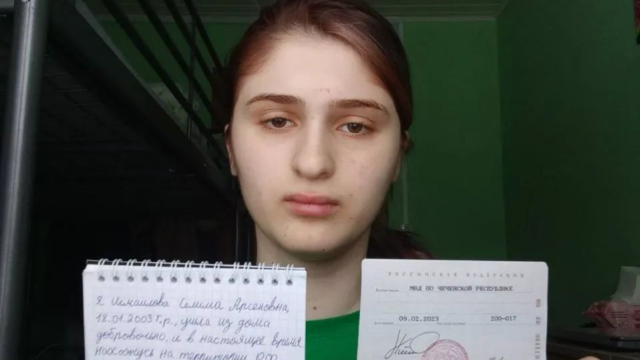Russian police have suspended their investigation into an attack on a group of journalists and human rights activists in Chechnya.
The journalists' lawyer, Andrey Sabinin, said on Wednesday that the case had instead been closed due to a lack of leads.
A gang of masked men attacked the group's minibus as it traveled close to the border between Chechnya and Ingushetia in Russia's North Caucasus in March 2016.
The journalists — including Russian, Swedish and Norwegian nationals — had been traveling with activists from the Committee for the Prevention of Torture to interview torture victims and their families. Many had reported being followed by cars with Chechen number plates.
The attack left activists hospitalized with broken bones and the group's vehicle was torched.
The Kremlin condemned the attack as “absolutely outrageous,” and urged local law enforcement to track down the men.
Activists instead accused Chechen
authorities of carrying out the attack themselves. Tatyana Lokshina,
Russia's program director at Human Rights Watch, said that the attack
hoped to scare journalists who wanted to cover the region.
“It is supposed to be a signal to journalists, including international reporters, asking them to think twice about whether it's really worth working with this organization, and going to Chechnya,” she said.
Chechen authorities have denied all involvement, condemning the attack as a “publicity move” designed to promote the activities of the Committee for the Prevention of Torture.
Human rights groups have long criticized the Chechen government for threatening dissidents and journalists with physical attacks or imprisonment. A report released by leading NGO Human Rights Watch in August 2016 called journalism the “most dangerous profession in Chechnya.” “Few people dare to talk to journalists, except to compliment the Chechen leadership,” the report said.
A Message from The Moscow Times:
Dear readers,
We are facing unprecedented challenges. Russia's Prosecutor General's Office has designated The Moscow Times as an "undesirable" organization, criminalizing our work and putting our staff at risk of prosecution. This follows our earlier unjust labeling as a "foreign agent."
These actions are direct attempts to silence independent journalism in Russia. The authorities claim our work "discredits the decisions of the Russian leadership." We see things differently: we strive to provide accurate, unbiased reporting on Russia.
We, the journalists of The Moscow Times, refuse to be silenced. But to continue our work, we need your help.
Your support, no matter how small, makes a world of difference. If you can, please support us monthly starting from just $2. It's quick to set up, and every contribution makes a significant impact.
By supporting The Moscow Times, you're defending open, independent journalism in the face of repression. Thank you for standing with us.
Remind me later.






